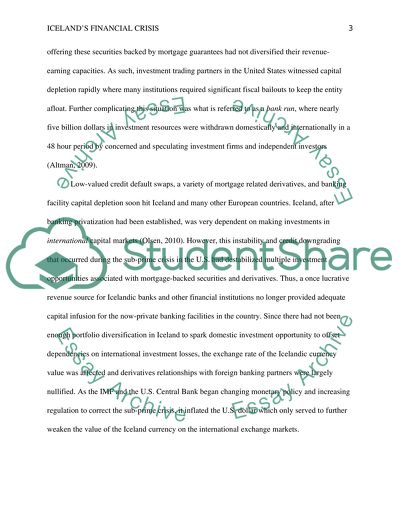Cite this document
(The Link Between U.S. Sub-Prime Crisis and Iceland Case Study, n.d.)
The Link Between U.S. Sub-Prime Crisis and Iceland Case Study. Retrieved from https://studentshare.org/finance-accounting/1460686-iceland-s-financial-crisis
The Link Between U.S. Sub-Prime Crisis and Iceland Case Study. Retrieved from https://studentshare.org/finance-accounting/1460686-iceland-s-financial-crisis
(The Link Between U.S. Sub-Prime Crisis and Iceland Case Study)
The Link Between U.S. Sub-Prime Crisis and Iceland Case Study. https://studentshare.org/finance-accounting/1460686-iceland-s-financial-crisis.
The Link Between U.S. Sub-Prime Crisis and Iceland Case Study. https://studentshare.org/finance-accounting/1460686-iceland-s-financial-crisis.
“The Link Between U.S. Sub-Prime Crisis and Iceland Case Study”, n.d. https://studentshare.org/finance-accounting/1460686-iceland-s-financial-crisis.


